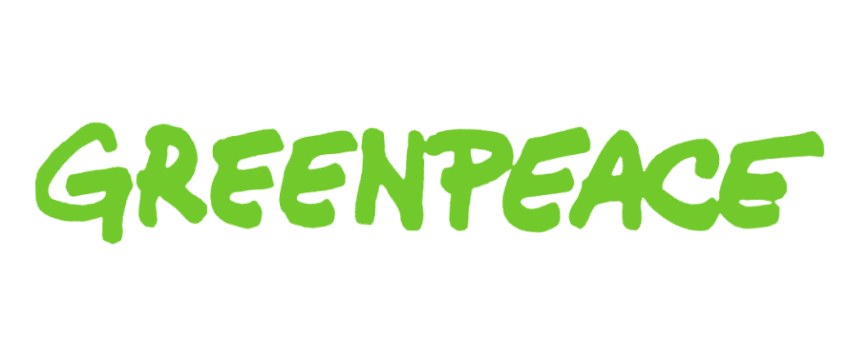
During September last year, the UK Government announced its intention to launch a consultation on the banning of microbeads. These plastic beads which are toxic are added to washing powders, toothpastes, face washes and thousands of other products that wreak havoc on the environment. Once these microbeads are rinsed down the drain they end up in the oceans where they cause enormous damage to marine life and can even end up in seafood. The consultation has finally been launched which has given us a peek at what exactly it is the government is proposing. Unfortunately, it falls short of a full comprehensive ban that is needed but there is some good and bad news.
The good
It’s important to stay positive so we should start off with the stuff that we can celebrate. The first thing we can cheer about is the Government is serious about making changes which will be implemented fairly quickly. We can expect products containing microbeads off the shop shelves by the middle of next year, which means the UK would beat the US in establishing a ban. With such an ambitious timeline, it shows just how serious the Government is about willing to act to protect our oceans. Greenpeace will be urging the Government to stick to its pledge.
The bad
The bad news is the government intends to limit its ban to just personal care and cosmetic products. This was expected, however Greenpeace did hope the ban would be extended to products such as washing powders, households and other items that a consultation document also proposed. Since we already know that the Government has indeed accepted the fact that microbeads are a threat to the marine environment, then the ban should be extended to all products that flow down our drains and end up in the ocean. Anything short of that means that ocean creatures are at risk. As a result Greenpeace will be challenging the government on its failure to propose a full comprehensive ban.
And the ???
The consultation produced a few unanswered questions. One such question was the lack of definition of what it means to be a “rinse-off personal care and cosmetic product”. There is no indication whether this also includes, moisturisers, heavy duty hand cleaners and make up. Arguably all these products fall within the ban’s remit but the consultation has not made this point clear. Greenpeace will be submitting its response to the consultation shortly and will be advocating for the best possible ban so that our oceans stay protected from unnecessary plastics which do nothing but pollute the sea.





